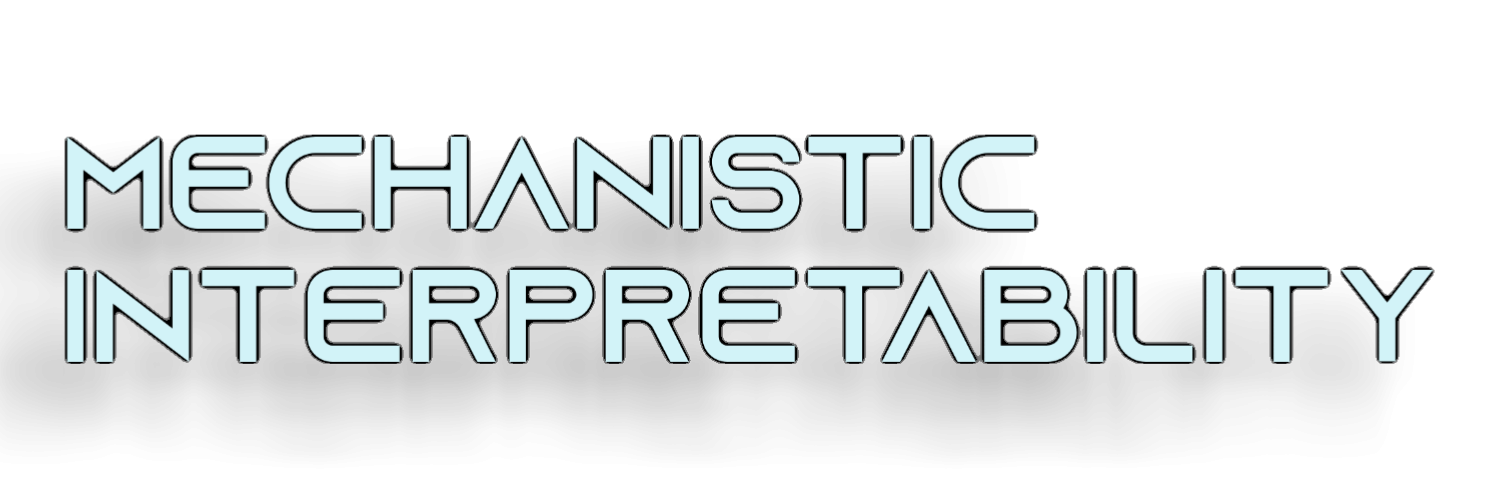Revolutionizing Healthcare: UK’s AI Airlock Scheme to Streamline Regulatory Path for AI Medical Devices
17 Dec, 2024 AI AI,Mechanistic,MechanisticInterpretability,Interpretability,ArtificialIntelligence,MachineLearningAI Advancements Redefining Healthcare
Artificial Intelligence (AI) has been baking its potential into many sectors, with healthcare leading the race. Recent trends reveal a swift transition in the practical deployment of AI in healthcare, largely powered by the advanced regulatory framework being developed in the UK. The Medicines and Healthcare products Regulatory Agency’s (MHRA) pioneering ‘AI Airlock’ scheme illustrates pioneering trends in refining AI regulation for medical devices, and this stands as an exciting harbinger of what may lie on the horizon.
Navigating the Regulatory Maze: The AI Airlock
The AI Airlock, launched by MHRA, is an innovative regulatory model designed to oversee AI-powered medical devices. This unique regulatory ‘sandbox’ environment is poised to revolutionise the healthcare landscape while tackling regulatory challenges head-on.
Breaking Down the AI Airlock
Fundamentally, the AI Airlock scheme aims to refine the regulation of AI-driven medical devices and expedite their implementation within the NHS and access to patients. Similar to traditional sandbox models, the Airlock provides a safe, controlled environment for testing AI systems and gauging their impact on healthcare provision and outcomes.
The Road to AI Regulation
Through the AI Airlock, the MHRA is facilitating manufacturers to understand the nuances of obtaining regulatory approval. Since AI continuously evolves, the Airlock is particularly useful for collecting real-world evidence to back the safety and efficacy of such devices. Thus, it is not only providing valuable insights into the regulatory process but also speeding up the adoption of these transformative technologies. The first round of results from this pilot project is expected in 2025.
Trailblazing AI Applications in Healthcare
Five technologies, which include solutions addressing cancer and chronic respiratory diseases, as well as advancements in radiology diagnostics, have been selected for the AI Airlock scheme, showing promising prospects for AI application in healthcare.
Advancing Diagnostic Efficiency and Accuracy
Lenus Stratify and Philips have pioneered AI solutions for chronic diseases and radiology diagnostics, respectively. Lenus Stratify uses AI to predict severe outcomes for Chronic Obstructive Pulmonary Disease (COPD) patients. It aids in reducing unscheduled hospital admissions and provides care providers with data for early interventions. The technology developed by Philips integrates AI with existing radiology workflows, effectively reducing human errors and boosting the efficiency of critical radiology reports.
Revamping Oncology Care and Reducing ‘Drift’
OncoFlow and Newton’s Tree have contributed to faster cancer treatment protocols and AI model performance. OncoFlow’s intelligent care pathway platform accelerates clinical workflows, leading to a significant reduction in waiting times for cancer treatments. Newton’s Tree, on the other hand, has developed FAMOS to monitor AI models in real-time, helping to maintain high-performing algorithms while prioritizing patient safety.
A Glimpse into the Future: Impact and Potential of AI
The AI Airlock and its influence extend well beyond these specific applications. The evidence and data collected in this pilot will shape future regulation, providing a clearer path for AI to be deployed safely and efficiently in medical devices. In a world where the importance of healthcare has been highlighted globally, AI could be the game-changer the system urgently needs.
Emerging as a Global Hub for Med-Tech Innovation
The AI Airlock is expected to shape post-Brexit UKCA marking processes, which will assist manufacturers in achieving compliance with more transparency. If interpreted successfully, this could position the UK as a global hub for med-tech innovation, while providing faster access to potentially life-saving tools.
Unlocking the AI revolution
The potential impact of AI on healthcare is enormous. As NHS experiences mounting pressure, AI, with its capacity to augment clinicians, predict illnesses, and streamline workflows, could prove transformative. It promises to augment the quality of healthcare decisions, increase efficiency, and save time – ultimately leading to better patient outcomes.
The MHRA’s AI Airlock initiative, while still in its experimental stage, showcases the potential of AI in healthcare, and sets a positive precedent for other industries. It is a visionary approach that, beyond its immediate application, is bound to stimulate further discussion, exploration, and most importantly, innovation in AI-powered healthcare solutions.

